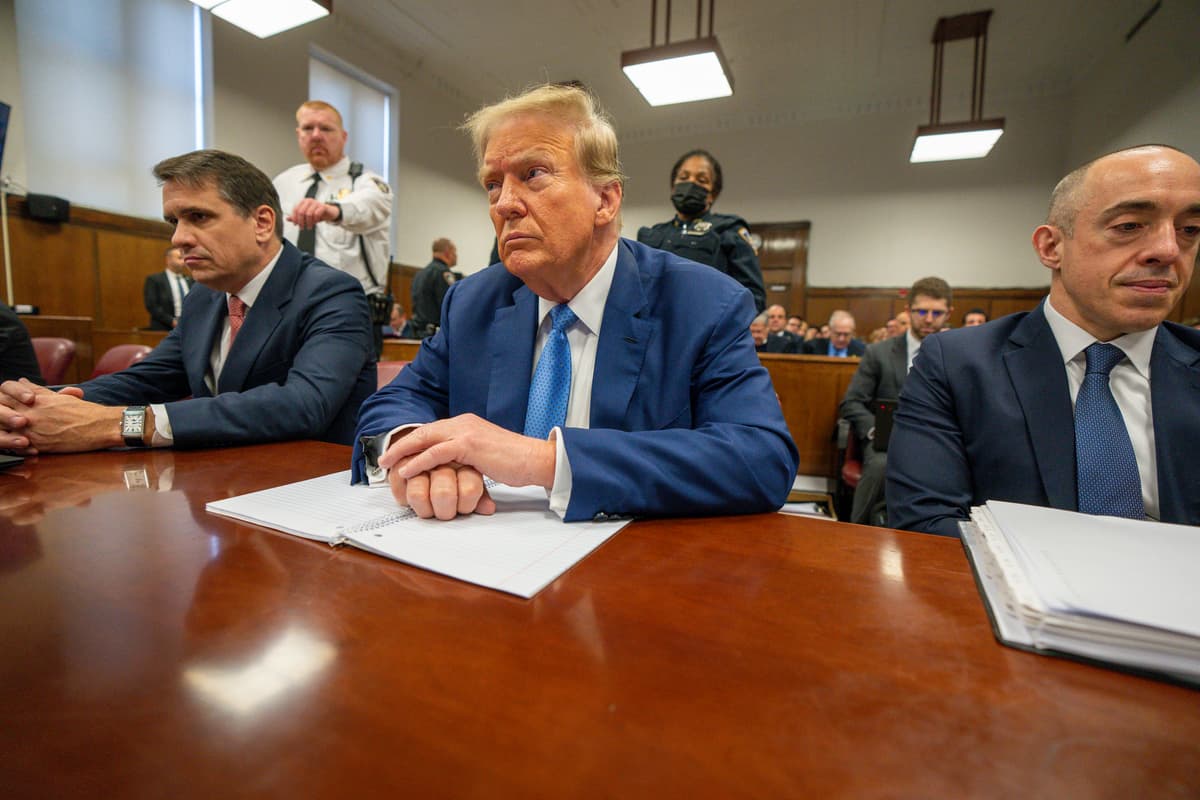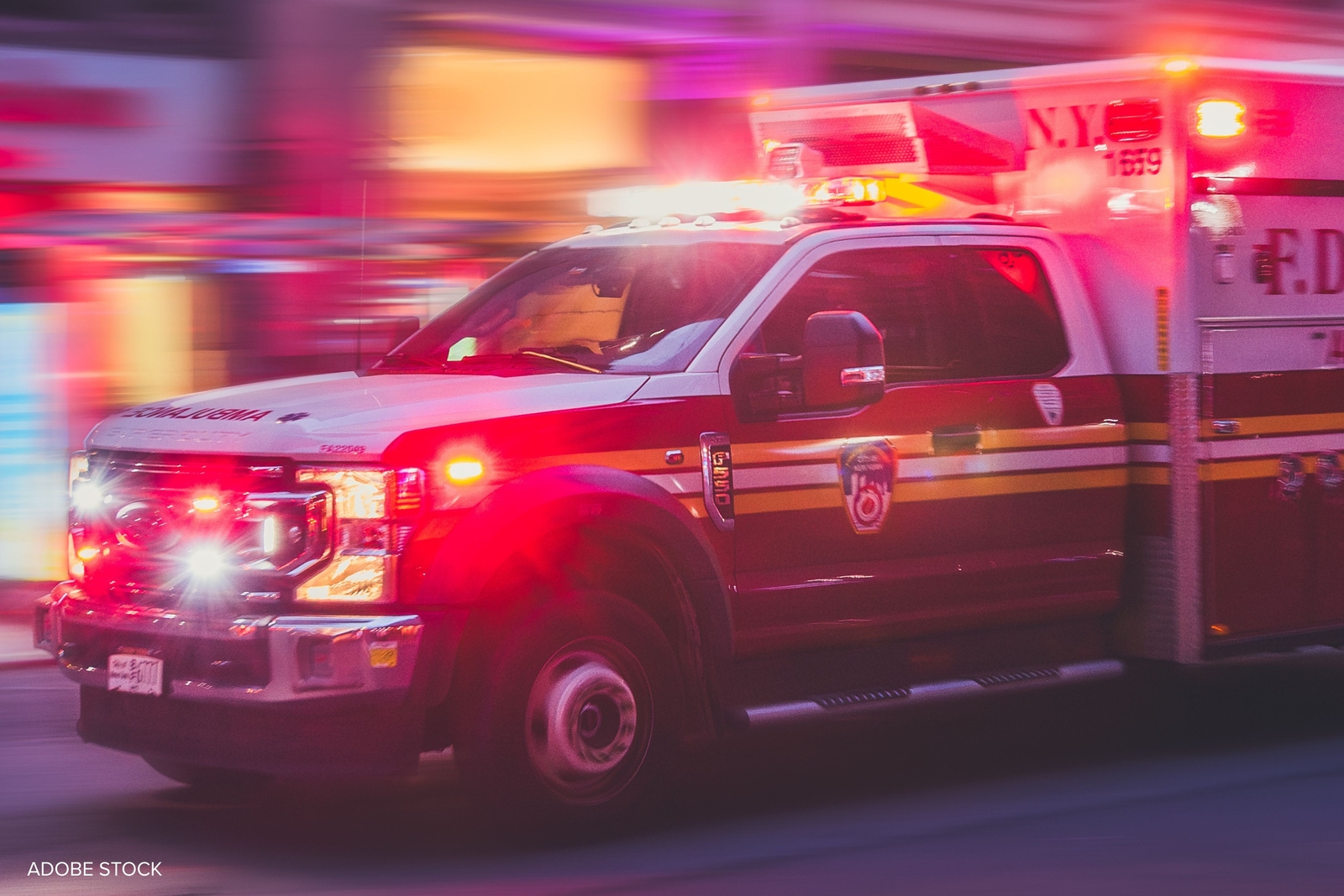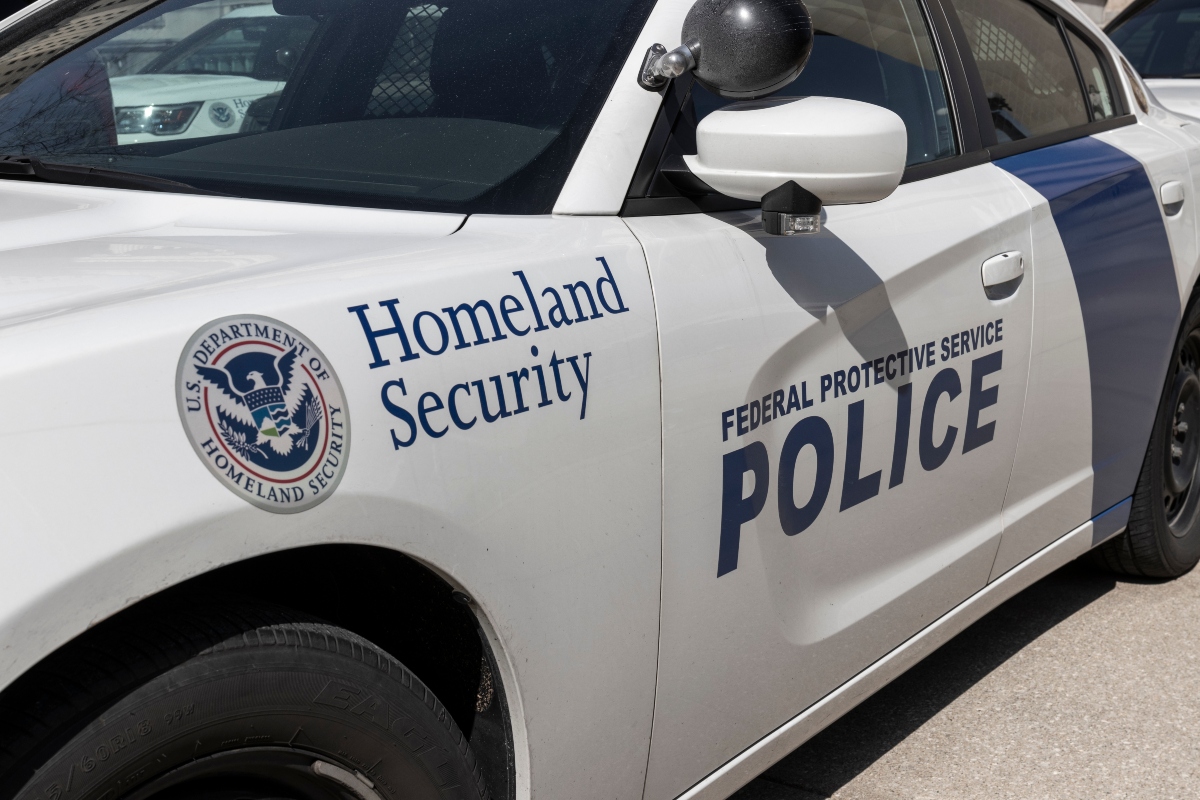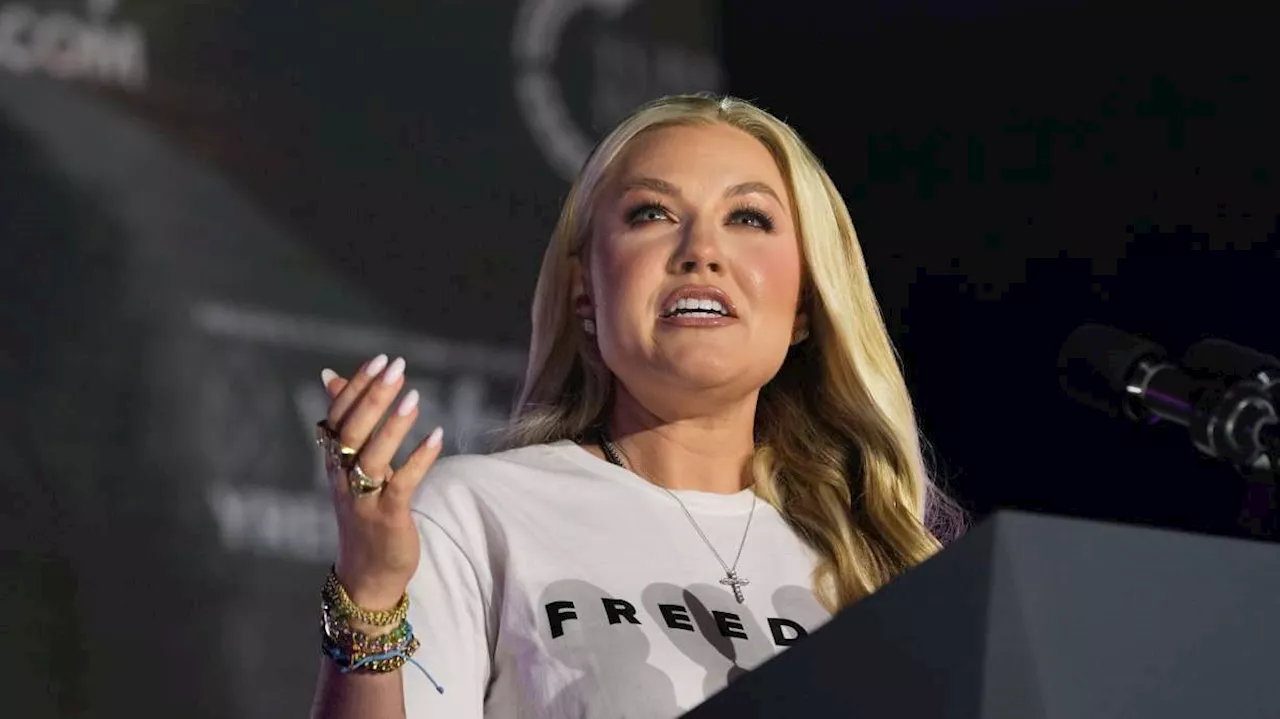UPDATE: In a significant legal victory, former President Donald Trump has received a crucial ruling from the Second United States Appeals Court that could pave the way for the dismissal of his $34 felony convictions linked to the Stormy Daniels case. The unanimous decision, handed down by a panel of three Democratic appointees, gives Trump another chance to argue for presidential immunity in federal court, a legal strategy he hopes will overturn his convictions related to hush money payments made during the 2016 election.
The appellate court has ordered federal judge Alvin Hellerstein to reassess whether he adequately considered critical issues regarding Trump’s defense. This ruling comes after Hellerstein had previously blocked Trump’s attempts to move the case out of state court, stating that the payments to Daniels were “private unofficial acts” not connected to presidential duties. The court’s latest directive suggests a reevaluation may be necessary, stating, “We express no view” on how the district court should proceed but emphasize the need for a thorough review.
Trump’s legal team is capitalizing on this ruling as they seek to argue that certain evidence presented during the state trial may relate to his official actions as president. This includes testimony from former senior aide Hope Hicks, which could become pivotal in determining whether the case should fall under the protections afforded to presidential actions.
The implications of this ruling are profound. It could shift the legal landscape for Trump, who is concurrently appealing his convictions in New York state court. Judge Juan Merchan, who oversaw the state trial, ruled that presidential immunity was irrelevant to the case, arguing it revolves around Trump’s private actions. Trump’s appeal is urging that the New York appellate court reconsider this determination, highlighting Judge Merchan’s prior political contributions and questioning his impartiality.
In addition to the potential for dismissal, Trump’s arguments against Judge Merchan’s jury instructions may further complicate matters. The jury was told that falsifying business records could warrant a felony conviction if they found Trump intended to commit a second crime, even without consensus on what that crime was. Trump’s legal team contends this violates the Supreme Court’s directive in Ramos v. Louisiana that mandates unanimous juries for criminal convictions.
As the legal battle unfolds, the effects on Trump’s political future remain uncertain. With federal courts often perceived as more favorable to defendants, especially in politically charged cases, Trump’s strategy appears aimed at shifting the venue to secure a more balanced jury pool. This ruling signals a critical juncture in his ongoing legal challenges, raising questions about the potential outcomes as the case progresses.
What happens next is crucial. Judge Hellerstein now faces the task of determining how to move forward, which could include soliciting further briefs or holding a hearing. As this situation evolves, Trump’s supporters and critics alike will be closely monitoring these developments, with significant implications for both his legal standing and political aspirations.
Stay tuned for further updates on this developing story as it could reshape the narrative surrounding Trump’s legal issues in the lead-up to the 2024 election.







